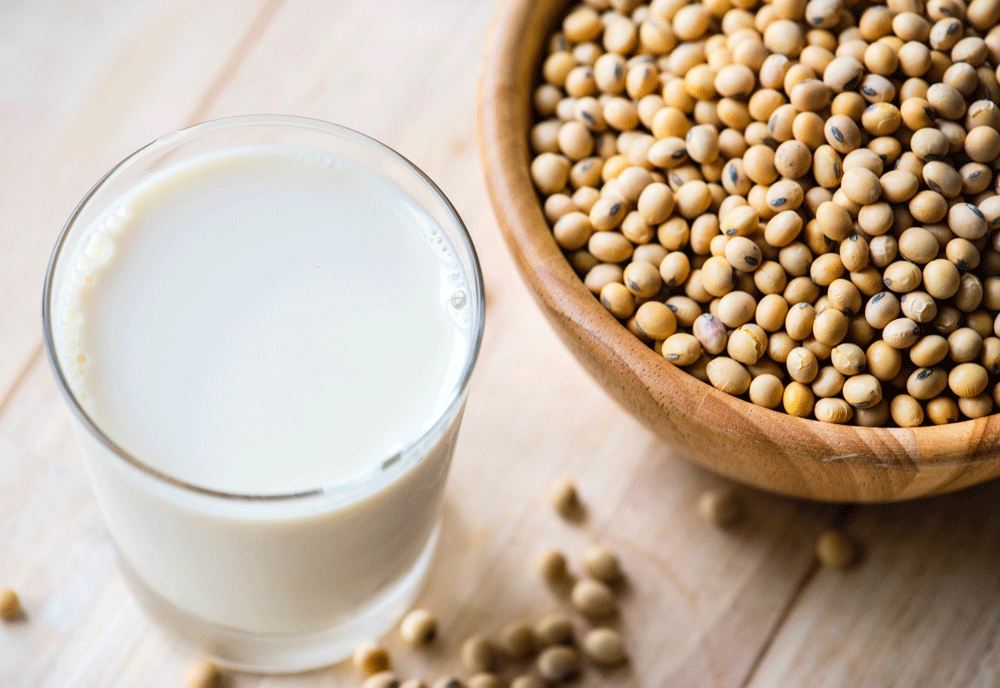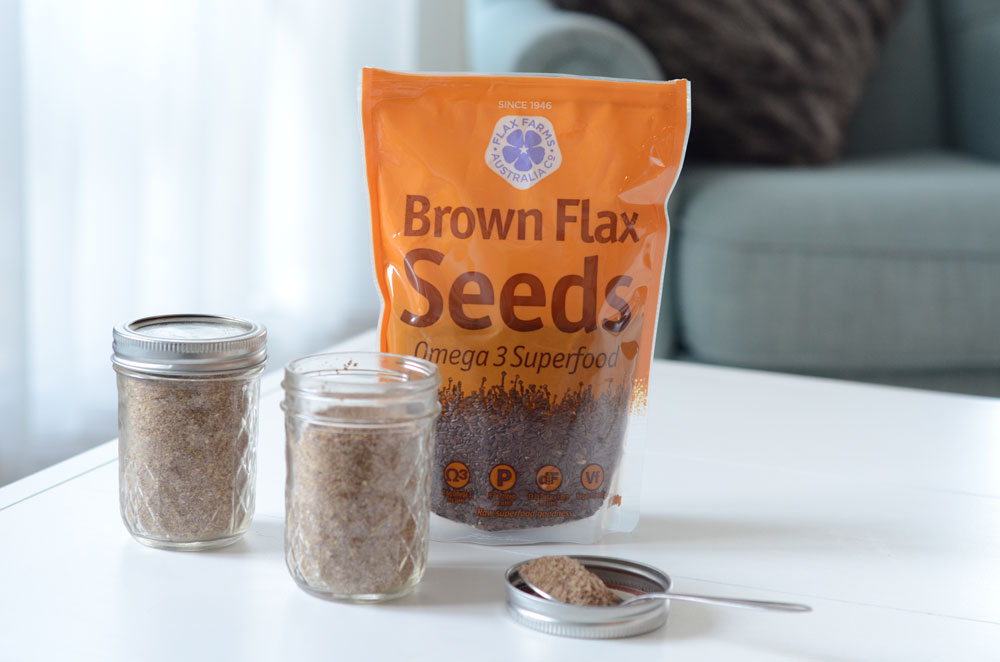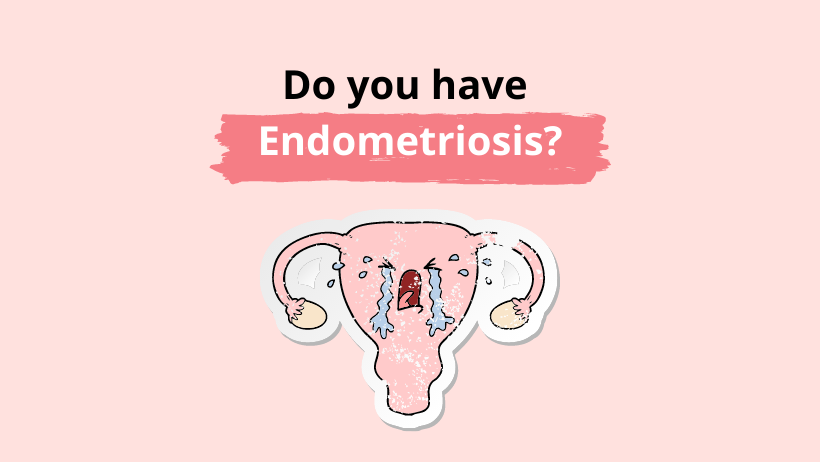Have you ever been concerned around eating soy and thyroid health?
One of the biggest questions I often get asked during a consult is whether soy is safe to eat and will it cause thyroid disease?
There are many reasons why including non genetically modified soy from whole soy beans in your diet could be beneficial for your health especially if you are vegan or vegetarian.
So before jumping on the fear bandwagon when it comes to soy and thyroid health, understanding whether it’s ideal for you or not is super important as you could be missing out on a nutritious, vegetarian friendly protein source.
Will Soy Negatively Affect My Thyroid?
The concern around soy and thyroid health, has been around its goitrogenic effects, meaning to inhibit thyroid function. Is avoiding soy really warranted in absolutely everyone?
Let’s take a look into the research and find out when soy is safe to eat and when it may be something you need to watch.
Soy and Thyroid Health – What the Research Says
Soy contains a phytoestrogen called genestein which has been shown to inhibit TPO (thyroid peroxidase), an enzyme that helps to make thyroid hormones. That doesn’t sound too good does it?
The caveat is that this tends to only occur if women are deficient in iodine, an essential trace mineral needed to make T4 (thyroxine).
Soy and post menopausal women
A study in iodine-replete post menopausal women whom are at risk of developing hypothyroidism found that daily consumption of 90 mg of soy isoflavones had no adverse effects on thyroid function. This was assessed through blood tests to monitor TSH, T4, T3 after 3 months and 6 months (1).
Soy and pregnant women
In a larger study, this time in 505 pregnant women, thyroid function was assessed during early pregnancy alongside varying amounts of soy consumption. Thyroid antibodies called antithyroperoxidase antibody (TPOab), TSH and T4 were measured alongside urinary amounts of two soy isoflavones, diadzein and genestein.
At the end of this study, no correlation was found between levels of positive or negative antibodies, T4 or TSH and levels of soy consumption, meaning there was no increased risk of thyroid disease in expecting mothers (2).
Soy and hypothyroidism
Even though the majority of research shows soy to be safe and have very little negative impact on thyroid function, there has been a randomised double blind that caused a three fold increase of overt hypothyroidism in patients who presented with subclinical hypothyroidism.
In a randomised, double blind crossover trial, the group consuming high amounts of soy isoflavones (30 g of soy protein with 16 mg of isoflavones comparable to a vegetarian diet) was shown to initiate hypothyroidism in a small subset of patients who had a pre-existing subclinical hypothyroid condition (3).
Though this study shows that soy intake can increase the risk of progressing subclinical hypothyroidism to overt hypothyroidism, it’s important to note that there are many variables that could contribute and that soy is unlikely to be the only cause.
However, being cautious around total intake of soy in subclinical thyroid disease is wise.
Other health benefits of soy
Those in the high soy isoflavone group did benefit in other ways including lower blood pressure, reduced inflammation, and improved insulin parameters (meaning better blood sugar control).
The benefit to blood sugar control is most likely attributed to it being a great source of plant protein.
One cup of tempeh for example contains a whopping 30 g of protein!
It also provides a rich source of calcium – perfect for those who don’t tolerate dairy
How to Safeguard Your Thyroid Health
Overall the research shows that soy consumption is safe to eat in women who have normal, healthy thyroid hormone levels (normal TSH and T4 levels) and good levels of iodine.
To ensure you are receiving good amounts of iodine through your diet, aim to eat iodine rich foods including the following:
- Egg yolk
- Canned salmon
- Seaweed such as kelp, wakame or dulse
- Sushi for the seaweed
- Lima beans
A handy way to get more iodine in your diet is to use the Power superfoods dulse or wakame flakes and aim to sprinkle it on your main meals. Seaweed nori snacks are also a great, tasty way to get in more iodine into your diet.

If you are unsure whether you have good levels of iodine, a simple urine iodine test can be ruled out.
Low iodine intake can increase your risk of hypothyroidism as it’s required to make T4, a primary thyroid hormone required for healthy thyroid function.
If you have subclinical or hypothyroidism, you will need to be cautious of consuming high amounts of soy isoflavones if you are deficient in iodine.
Supplementing with iodine in a multivitamin or separately may be recommended alongside soy intake. Before supplementing with iodine it’s important to discuss this with a Naturopath if you are already taking thyroid medication.
Share & Comment Below
I hope that this article has given you clarity on soy and thyroid health! Do you now feel more comfortable eating soy or do you still have other concerns surrounding soy?
If so then please share your concerns or ask a question in the comments below.
Alternatively, if you feel that this information has been helpful and has put your mind at ease, then please feel free to share this article with your family or friends.





